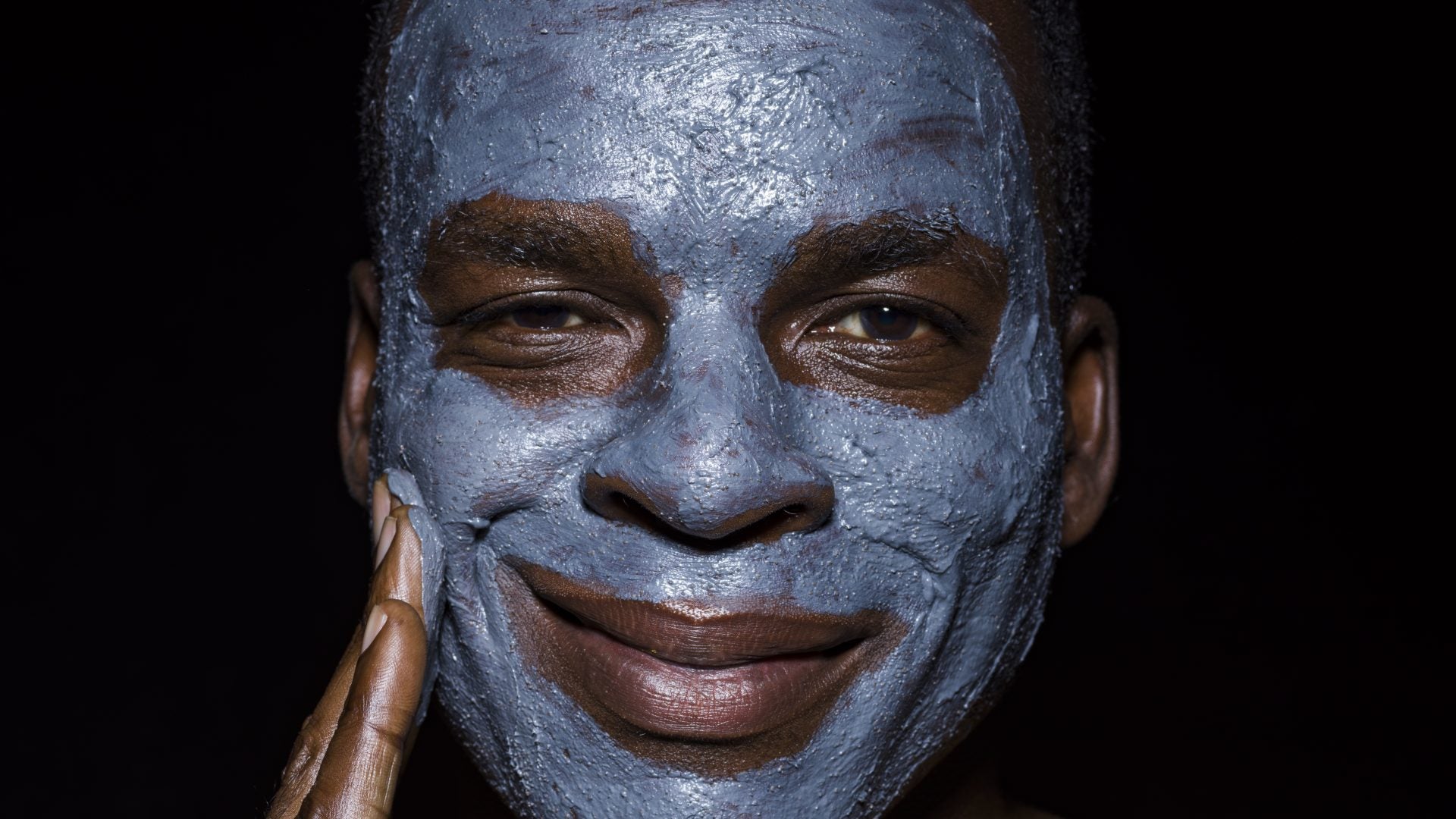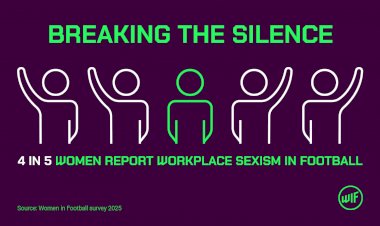The Cost Of The Soft Life: Why Rest Feels Risky For Black Women
It’s no surprise that the soft life movement, which began in 2022, originated with Black women in Nigeria and resonated deeply with Black women in America. Same struggle, different font. […] The post The Cost Of The Soft Life: Why Rest Feels Risky For Black Women appeared first on Essence.

 Overhead view of a peaceful young woman lying comfortably in bed with closed eyes, exuding calmness and tranquility indoors.
Overhead view of a peaceful young woman lying comfortably in bed with closed eyes, exuding calmness and tranquility indoors. It’s no surprise that the soft life movement, which began in 2022, originated with Black women in Nigeria and resonated deeply with Black women in America.
Same struggle, different font.
In Nigeria, women were pushing back against grind culture, patriarchal pressure, and other unrealistic societal expectations. Here, Black women were still fighting to reclaim our humanity — diminished by centuries of chattel slavery, Jim Crow, and cruel stereotypes of the “strong, unbreakable, impenetrable” Black woman. Stereotypes so pervasive that they silenced our cries and dreams of living joyfully and authentically.
Silenced us so deeply that Zora Neale Hurston’s decades-old warning — “If you are silent about your pain, they’ll kill you and say you enjoyed it.” — still cuts with haunting accuracy today.
Yet Black women collectively struggle with stepping away from hustle culture, slowing down, and retreating to rest. If so many of us publicly support the soft life, why do we privately wrestle with guilt, shame, and ambivalence about slowing down… about resting… about separating who we are from what we do for others at work, in our communities, and at home?
“Because rest has never been framed as our birthright,” says Dr. Mariel Buqué, psychologist and bestselling author of Break the Cycle. Instead, it’s been painted as a luxury we have to “earn.” Generations of survival have taught us that stillness is dangerous — that if we pause, we’ll fall behind, lose our place, or be seen as lazy. We’ve been conditioned to believe that our worth is tied to productivity — and for hundreds of years, in the Western world, it has been.
This conditioning creates a deep, relentless guilt. It’s a learned response, but one that can be unlearned — with intention, guidance, and community. “We come from women who had no room for softness,” Buqué notes. “Those who held entire families, communities, and movements together without the space to fall apart. Strength was survival, and it continues to be for many of us.”
Even now, choosing softness can feel foreign, almost unsafe, because it challenges the armor that has kept us alive. “So we’re left in a limbo state of wanting softness, but not knowing how to fully invite it in.”
This feeling is further complicated by mixed messaging about what a soft life can look like, especially in practical and economic terms. As a movement primarily based online, some interpretations of the soft life have been distilled into an aesthetic: showcasing rest through ultra-curated displays of high-end consumption, individualism, and luxury. There’s also an anti-work sentiment in certain soft life circles.
“The mistake is thinking ‘soft’ means not working,” says Kiersten Saunders, co-founder of rich&Regular and co-author of Cashing Out. “There’s a difference between a job and work. A job pays you for showing up. Work is using your skills, ideas, or assets to earn income without being tied to someone else’s schedule. Soft life is about making that shift.”
This means you’ll need to assess the financial realities of opting out of high-stress, high-demand work in pursuit of rest and ease. “For Black women, the soft life is a math problem first,” explains Saunders. “You have to solve for cash on hand for the months when money is tight, a plan for health care that survives without a paycheck, investments that work when you can’t, and a clear sense of what you can offer that people will pay for. “
With a strong financial plan, embracing a soft life may not come with as many drawbacks as you’d think. “Yes, you give up a steady paycheck, employer-paid benefits, and the predictability that comes with them. In return, you gain time you can reclaim for your health, your relationships, and the kind of work that doesn’t eat you alive. Whether it’s worth it depends on how long you can keep the bills from deciding for you.”
Institutions like Zora’s House are teaching Black women to do just this— rewrite and redefine success in a more holistic way. “We redefine success to prioritize ease and well-being, which means more than just a self-care day,” says Tamaliyapo Mphande, marketing manager at Zora’s House. “It means creating new frameworks from which we relate to our work and, instead of centering our worldviews around capitalistic gains, prioritizing our true purpose for being as new foundations from which to rest, grow, and thrive.”
As Black women face workforce trends like layoffs, burnout, and furloughs more acutely, which can impact mental and physical health, this mindset shift, ironically, underscores that soft living within a community context is a sustainable practice, not a self-indulgent one.
We are starting to remember our ancestral truth. “Hustle was never meant to be a permanent state. It was a survival tool that has now expired,” reminds Buqué. “Unlearning it means honoring our bodies when they whisper for rest instead of waiting until they scream.”
As we recenter softness in our lives and release shame for doing so, we’ll be able to remember we are deeply deserving and we are enough — even when we’re still.
Kara Stevens is founder of The Frugal Feminista and author of heal your relationship with money.
The post The Cost Of The Soft Life: Why Rest Feels Risky For Black Women appeared first on Essence.

























